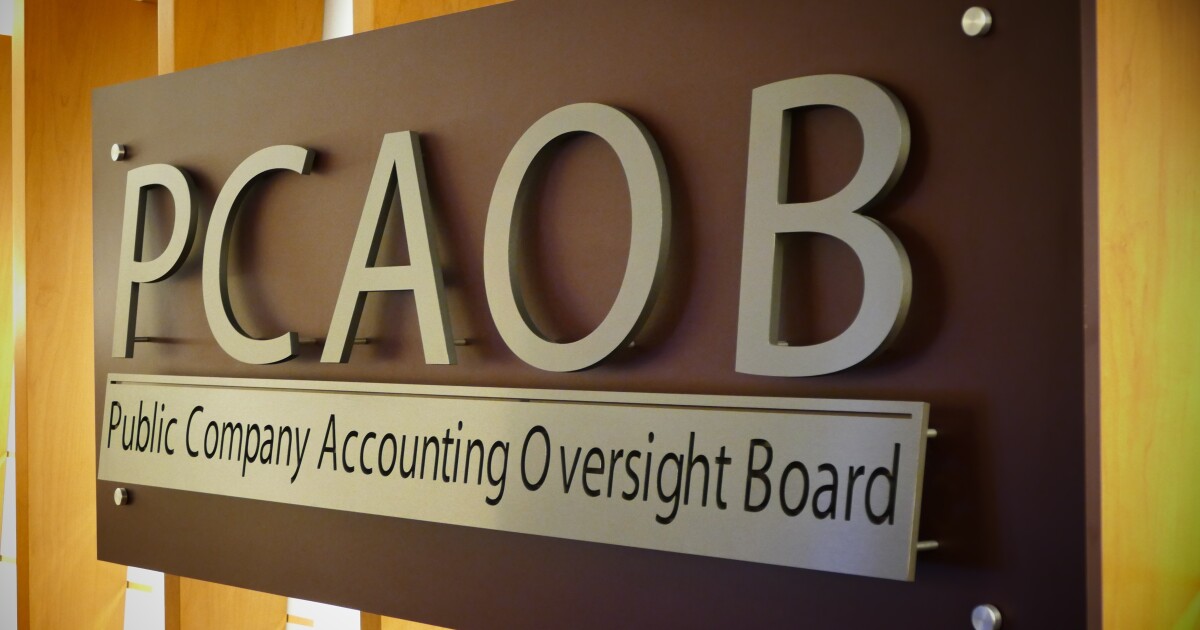Many CPA firms struggle to raise pricing and remove problematic clients. It may get brushed off as “no big deal,” but ignoring pricing and client mix harms the firm in significant ways: less revenue equals less growth and lower ability to pay staff well, lower profits for partners or capital to reinvest in the business, and unwieldy clients who burn out staff and partners alike for a paltry financial return.
After helping many firms in this area during strategic planning and retreats, here’s what I’ve seen the successful ones do.
Don’t shock the system
When we talk about increasing prices, many partners imagine an abrupt, across-the-board 20% fee increase and clients pouring out the doors as a result. I’ve seen firms be very successful using an incremental and client-specific approach. Segment your client list by service line and total fees. Consider the 80/20 rule: how many clients do you need to generate 80% of your revenue? It’s likely not as many as you think. Then have each partner recommend appropriate pricing adjustments for each client. If there’s a big gap between current fees and market rates, it may take a few years to get there (unless you’re OK with the possibility of losing them, which sometimes is advisable). Some clients may need only a 5% bump to get to market; some may need 150%. Do what makes sense for each client and total firm revenue.
Communication is the key
Often, partners relax once they grasp the reasons why pricing or client acceptance criteria need to improve: staffing crisis, wage increases, tech costs going up, inflation, undercharged for years, not enough hours to serve all the clients well, etc. Pull a Wall Street Journal article on any given day about the accounting industry, and you’ll have another reason your firm needs to evolve. Then explain that to your clients with empathy and sincerity. Almost all of them will understand.
You can keep some personal favorite clients
Many partners get skittish about changing pricing and client acceptance because they have a stable of long-time clients who have been way under market for years but have strong sentimental value. Whoever they are for you, you are allowed to keep them on one condition: accept that they may not be 20% (or some other meaningful amount) of your total book of business. I have great hope for the accounting industry because of the great care I’ve seen partners take of their clients. We don’t want to diminish that. We do want to run a sustainable business.
You’re worth it and so is your staff
Firms have reported gleeful results when they let their staff give input on clients. The staff know who the ungrateful, late, messy clients are. They also know the appreciative, clean, fun-to-work-with clients. It’s uncanny how some of the lowest-profit clients often fall into the first category. Economics aside, when you protect your staff from problematic clients through higher pricing (enough budget to do quality work) or firing clients who can’t work well with the firm, you send a strong message that you care. The same goes for partners. Firms that have a lot of A and B clients and aren’t afraid to shape up or ship out their lowest clients seem to have much higher enjoyment and peace of mind at work. Your team works hard for your clients, and the reciprocity of fair fees and behavior from them is only right.
If you want to join the firms that are finding success in fees and client mix, here are four ways to start:
1. Grade your clients: Rank them A through F, based on criteria like total fees, realization, growth potential, and how fun or hard it is to work with them.
2. Segment the list: Analyze your now graded client list. Who needs more attention? Who needs to get off the bus?
3. Make an action plan that is specific to each client: Granularity is your friend. By partner, by client, make next steps to improve fees or client behavior to meet current standards.
4. Keep meeting about it regularly: This is the most important step! Just making a list doesn’t count. Partners who regularly meet and act on their lists make big progress.
I know the journey can be uncomfortable, but firms on the other side prove it’s well worth it. Good luck!


 Personal Finance1 week ago
Personal Finance1 week ago
 Economics1 week ago
Economics1 week ago
 Economics5 days ago
Economics5 days ago
 Economics1 week ago
Economics1 week ago
 Economics4 days ago
Economics4 days ago
 Finance5 days ago
Finance5 days ago
 Economics5 days ago
Economics5 days ago
 Economics3 days ago
Economics3 days ago












